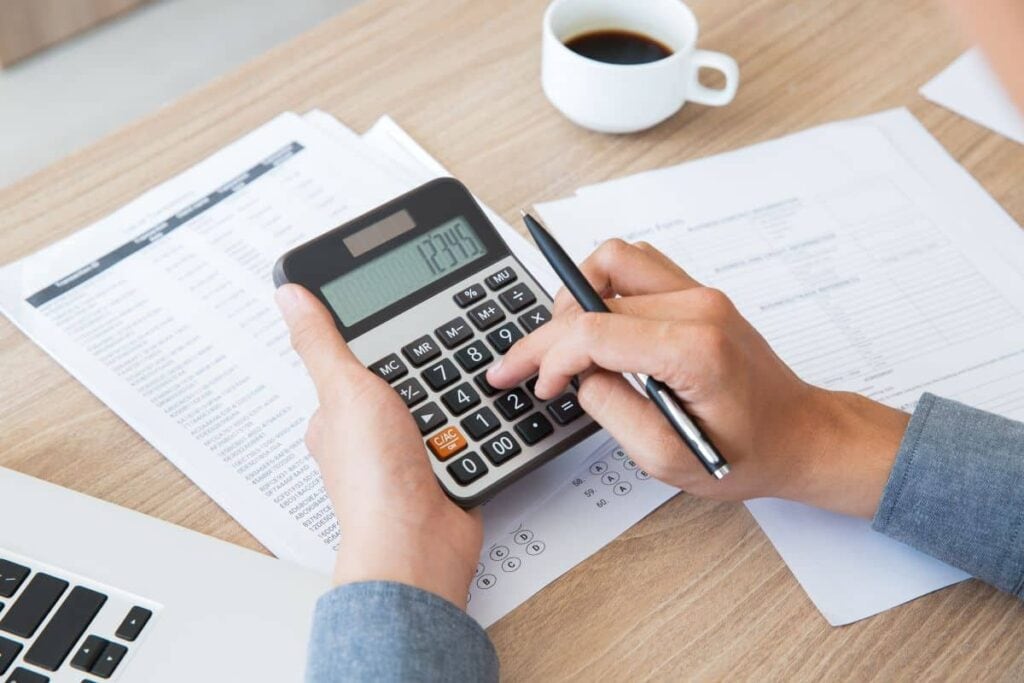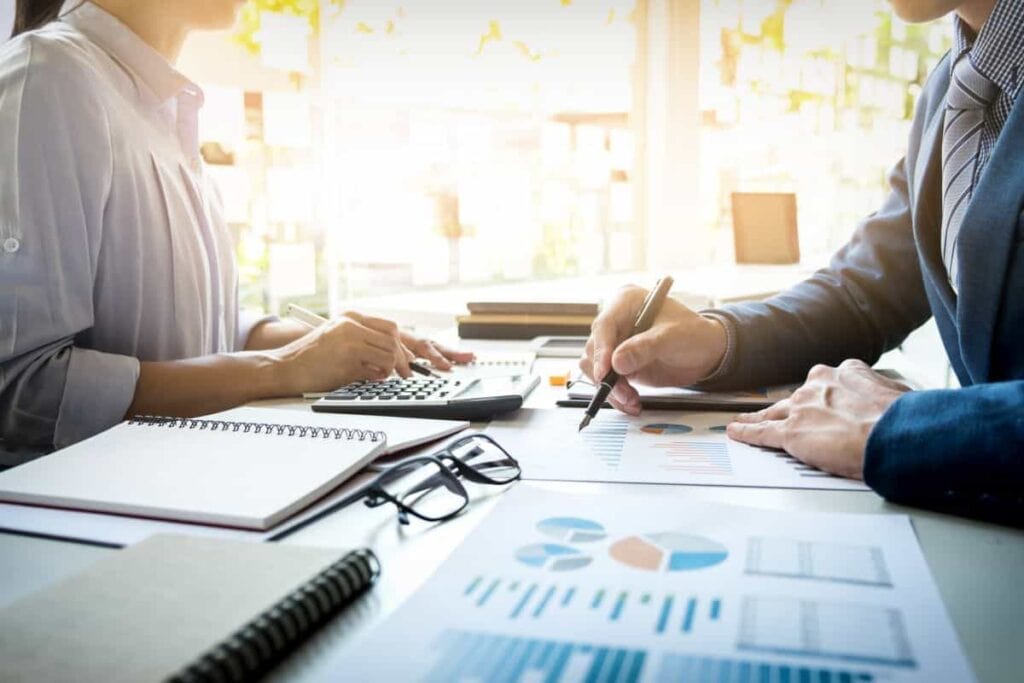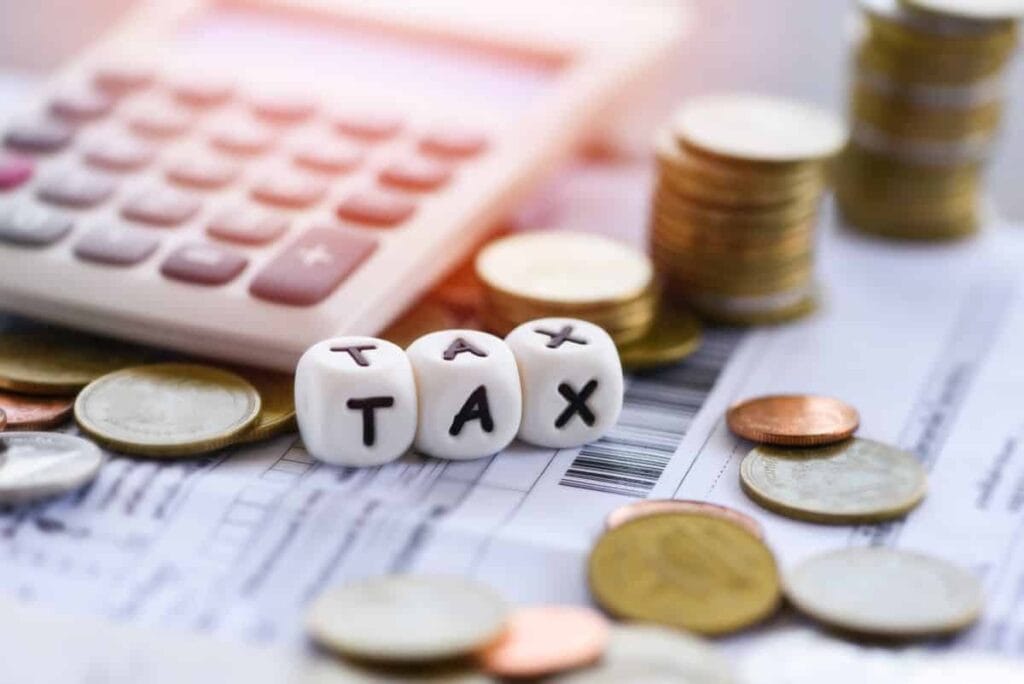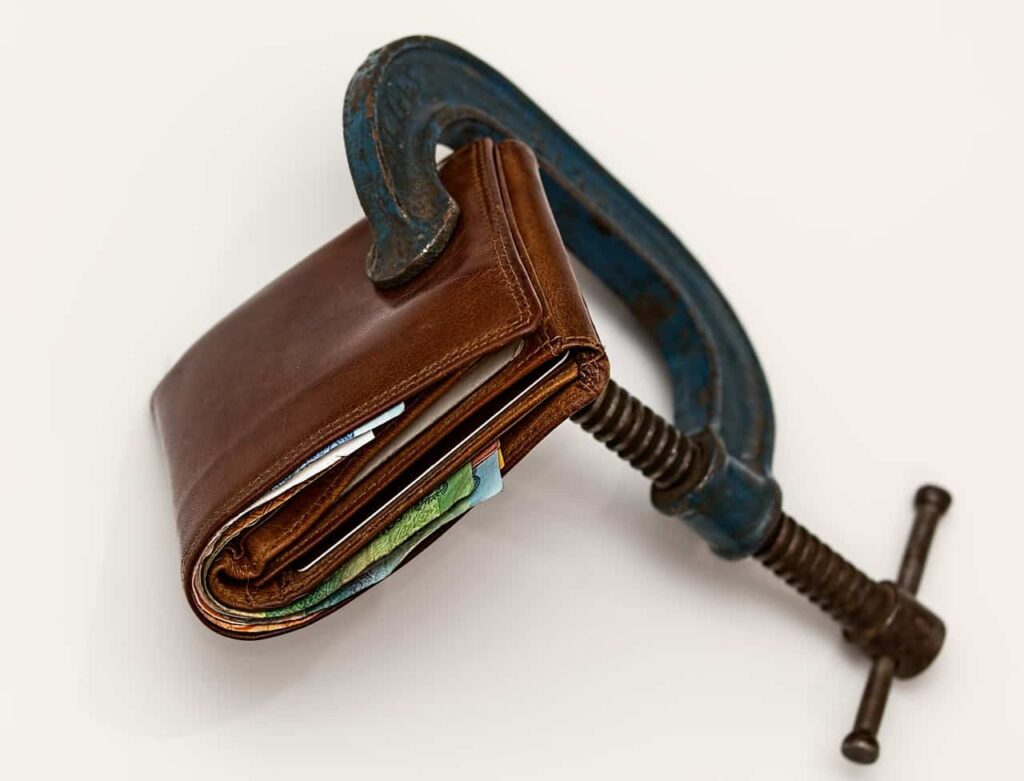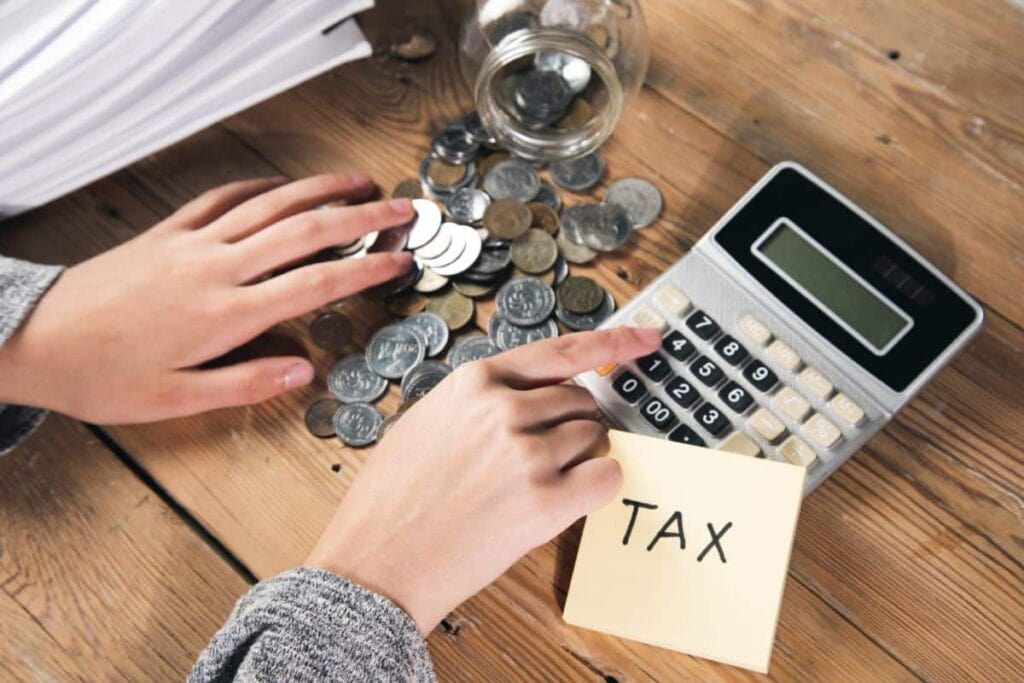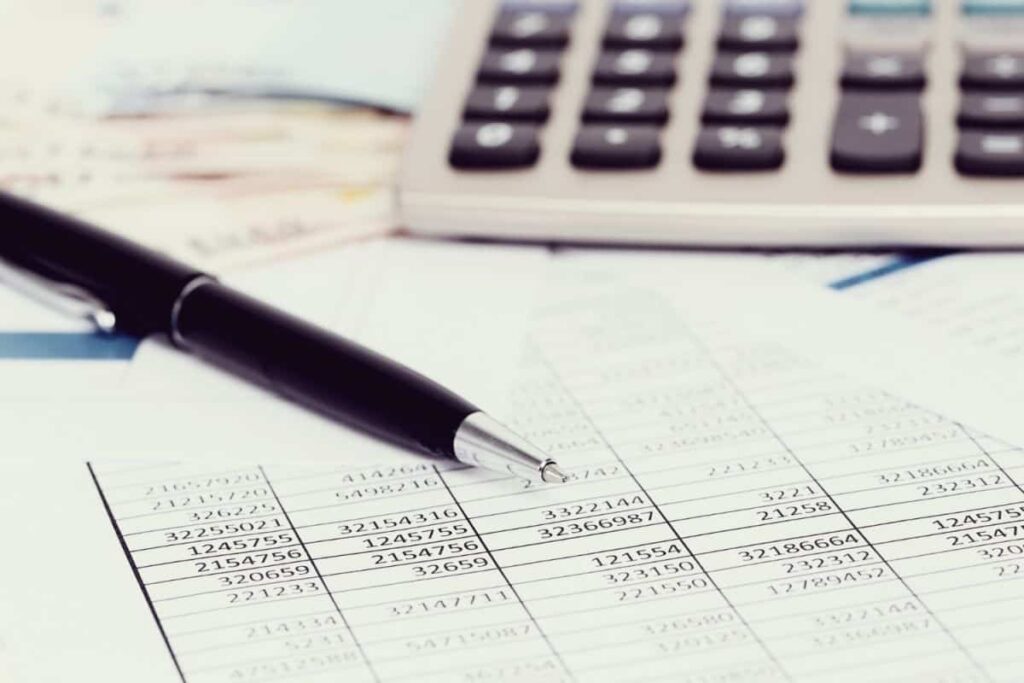Tax Tips For Bloggers, Influencers And Instagram Stars
Are you a blogger, an influencer, or a star on Instagram who would like to reduce the amount of taxes they owe? If this is the case, you are in luck! Here are some suggestions that will assist you in lowering the amount of money that you owe in taxes. Remember that tax rules are subject to change from one year to the next; therefore, it is important to seek the advice of a tax professional in order to obtain the most recent information.
Do you write for a blog, have a significant following on social media, or have a lot of followers on Instagram? If that is the case, there are a few essential tax pointers that you should be aware of. In the next article, we are going to take a more in-depth look at several of the most important things that you need to keep in mind in relation to your taxes. In addition to this, we will offer you some useful guidance on how to guarantee that you are paying the appropriate amount of tax each year. Continue reading this article if you live in Australia and want to ensure that you are paying the appropriate amount of tax and filing your return in the correct manner.
In such case, were you aware that there are a variety of tax deductions and allowances that you can take advantage of to lower the amount of your income that is subject to taxation? We'll take a look at some of the most prevalent tax recommendations for Instagram stars, influencers, and bloggers in Australia in this piece on our blog. Therefore, whether you are just getting started in this field or have been working in it for a number of years already, make sure to read on for some helpful suggestions!
Tax Advice for Those Who Have Influence on Social Media
Both the number of people in Australia who are considered to have a significant effect on social media and the amount of money they bring in as a result of their activities are on the rise. There are a number of factors that you, as an influencer, need to take into consideration in order to fulfil the tax requirements needed by the ATO.
In Australia, musicians, bloggers, vloggers, and other "influencers" on social media are required to pay tax on any revenue gained through sponsorships and endorsements, including the value of non-cash items received in exchange for their participation.
The majority of Instagram celebrities may be taken aback by this piece of information because they likely began their careers under the impression that the freebies they received or the money they gained by endorsing various items and brands were exempt from taxation. However, according to the rules that are now in place, social media influencers, bloggers, and any other social media superstars who run a business and receive cash and/or non-monetary revenue/benefits are required to include this as income that is subject to taxation.
Some celebrities and influential people have started building licensing structures to effectively transfer their income to another entity so that they can take advantage of more advantageous tax status. On the other hand, the Tax integrity – Taxation of revenue for an individual face or picture was announced in the budget for the 2018–2019 fiscal year. As of the 1st of July 2019, it is intended to ensure that any remuneration, whether monetary or in the form of non-monetary benefits, provided for the commercial exploitation of a person's face or image will be included in the assessable income of that individual. This will result in the elimination of the advantageous tax treatments created by licensing structures.
Do You Own And Run Your Own Business?
There is no one factor that will decide whether or not you are operating a business. Nevertheless, it would be to your advantage if you gave some thought to the following questions:
- Are there financial motivations behind the operations that are being carried out?
- Do you plan to make money, or do you believe that you will be able to make money as a result of the activities?
- Do you engage in the activities on a consistent basis?
- Are your actions well-organized, planned, and carried out in a manner that is appropriate for a commercial setting?
If you are operating a business, you are required to file tax returns and pay taxes on any earnings that you make.
What does the term "Non-Cash Benefits" mean?
As was said before, there are repercussions for your taxes that come into play when you receive benefits that are not cash. Free lodging, free entry to an event, free products such as clothing, makeup, or jewelry, use of a car, or free travel are examples of non-cash benefits that can be received in exchange for one's participation in business activities. Other non-monetary benefits include the use of a vehicle or free travel.
In Australia, anyone who have a significant amount of influence are required to pay income tax on any non-cash rewards, such as endorsements or physical appearances, that they receive in exchange for their services.
The Australian Taxation Office will expect you to report and pay tax on the benefit received or market worth of any non-cash goods of value that you get. Small irregular presents are not considered income; but, if you receive non-cash items of value, the ATO will expect you to do so.
The lesson here is to be careful about how you are paid and to make sure that you set aside enough money to cover any potential tax liability associated with the perks you receive; otherwise, you could be in for an unpleasant shock when it comes time to file your taxes.
The favorable news is that you may be eligible for tax deductions

You are eligible to make a claim for a tax deduction for any expenses that you have that were expended for the sake of running a business. This will depend on the sphere in which you have influence and may include the following:
Internet expenses - include blog hosting fees, domain name registration fees, and company software fees. If you work from home, you may be able to deduct a portion of the cost of your internet connection, whereas if you work from a dedicated office somewhere, you may be able to deduct the full cost of your internet connection.
Equipment - Various tax incentives are available to claim an instant tax deduction. As there are a lot of different things to think about, you should definitely check at some of our older posts on this topic. A webcam, a digital camera, a monitor, a wireless router, a desktop or laptop computer, a keyboard, and a mouse are all examples of capital equipment.
Advertising, Promotion, and Design — These Are Our Specialties Putting money into the design and advertising of your brand is an important step in increasing its visibility. For this reason, you are able to make a claim on the costs associated with branding, which include design, advertising, brand logo creation, and promotional giveaways.
Other Expenses – There is a vast array of additional costs that you might be able to claim, such as the cost of hiring a professional photographer or the cost of hiring an accountant to prepare your tax return or give you business advice. Among the other additional costs that you might be able to claim is the cost of hiring a professional photographer.
If you are already an influencer or are thinking about becoming one, make sure you talk to a member of our team so that you can get the right advice to avoid any problems or surprises that may come up in the future. Please fill out the form below, and one of our expert accountants will get back to you as soon as possible to discuss how they can assist you in getting off to the best possible start.
ABN and GST Registration for Bloggers and Influencers
The majority of the time, influencers are exempt from the requirement to register for an Australian Business Number (ABN). If you run a company or business in this country, you are required by law to get an Australian Business Number (ABN). On the other hand, if being an influencer has evolved into more than a simple pastime for you and you routinely derive cash from it, you might be required to register your activity as a business. You won't be charged for submitting your application online, and if approved, you might have your unique ABN the very same day.
You are required to register for the Goods and Services Tax (GST) if you have obtained your ABN and determined that you have earned more than $75,000 in a financial year under this registered number. The Goods and Services Tax, more commonly referred to as GST, is the name of the tax that is levied on any and all goods and services that are sold or consumed in Australia. Your total taxable income will be reduced by 10% due to this tax.
Now, the question that needs to be asked is whether or not influencers pay taxes in the same manner as other workers in Australia.
You could be a blogger, a social media influencer, a popular person on YouTube, or a well-known person on Instagram. If that is the case, you are obligated to pay taxes to the nation. The payment of taxes is now required of influencers after the recent implementation of Instagram's new tax policy, which went into effect on July 1, 2019. When filing taxes, you are required to disclose any and all income you earned, including that endorsement, sponsorships, and even non-cash incentives.
It is important to proceed with caution when dealing with non-cash rewards, particularly when completing tax returns, as they are sensitive in nature. In most cases, you will not be obliged to report gifts of a modest value. On the other hand, you can anticipate an audit from the ATO of your tax return if you are granted privileges that have significant monetary worth.
Celebrities who gained their fame on social media platforms were tax-free for a number of years. On the other hand, flaws in the previous system were discovered, which prompted the Treasury to make some adjustments. It was reported in the Financial Review that influencers minimize their personal assessable revenue by licensing their popularity or images to third parties.
These characters on the internet often have their likenesses used by various businesses and organizations. In exchange, they would only receive a small percentage, if any at all, of the profits from the image usage. Because of this, influencers were able to deduct that use as a loss, which in turn reduced the amount of tax that was due to them.
After going through this potentially perplexing aspect of the situation, the Treasury Department came to the conclusion that it was necessary to establish a new tax system that would prevent influential people from deducting such revenue from their taxes. Instead, it will be included in their taxable income, and the law will tax it in accordance with the appropriate rate.
Paying Taxes
Because of your status as an influencer, you are subject to the Instagram Tax, which applies to all users who have a platform, not just on Instagram but also across other social media channels. For illustration's sake, let's pretend that you have earned more than $600 in this fiscal year through various revenue streams such as sponsorships, brand collaborations, and so on. Given the circumstances, you are required to make tax payments on your income. However, it is difficult to estimate how much there will be. In contrast to the majority of occupations, it's possible that you have no idea how much money you made in total.
Therefore, the most important thing is to properly record all of the payments. It indicates that meticulous bookkeeping, in particular a number of different vendors, have been in contact with you and have paid you to market their business.
Tax Return
Because you are an influential person who lives in Australia, you are held to the same standard of duty as everyone else who lives there. As a result, you ought to adhere to the Individual Income Tax Rates published by the Australian Tax Office.
As you work through the process of filling out your tax return, there are some deductions that you are free to list. For instance, some of the things that you have purchased can have a direct bearing on the work that you do as an influencer. Therefore, you are allowed to claim them as deductions so long as the vendor or brand does not pay them back. Other types of deductions you are eligible to claim include costs for which you forked over your own cash.
It is imperative that you always keep a record of your spending in order to simplify the process of filing your taxes. Documentation can be kept in the form of electronic proof, photographs of receipts, or handwritten entries in a work diary.
Because of the close connection between the following items and your work, you are permitted to include them on your tax return:
- The expense of purchasing a computer, in particular, due to the fact that most bloggers and influencers operate from their homes;
- Digital camera and related devices;
- Internet bills;
- Accessories for working from homes, such as desks, chairs, and air conditioning or heating;
- Expenses associated with the purchase of communication instruments, like as phones and laptops for use in emailing;
- Expenditures for design and advertising (both outsourced);
- Expenses related to travel, but only if you were required to remain overnight at the place for work and paid for your own lodging, transportation, and meals;
- costs associated with continuing one's education in order to become a social media influencer or blogger, such as those incurred when retouching photographs or taking writing classes;
- Finding out which costs can be deducted from your taxable income can be a difficult and time-consuming process. The rule of thumb, however, is that it should be considered a job expense, which indicates that it was not incurred for personal, domestic, or recreational reasons
Internet costs

You have the ability to make a claim for any costs associated with the internet, such as those associated with the registration and hosting of your domain name, the purchase of blogging software, and the downloading of images or music for your blog. If you run your blogging business from your house, you may be eligible to deduct a percentage of the cost of your home internet service. If you operate from a dedicated office that is located somewhere other than your home, you are eligible to claim all of your internet charges.
Computer equipment
Assuming you are a self-employed blogger, you have until the 30th of June, 2019, to file a claim for an immediate tax deduction for any piece of business-related capital equipment that costs less than $20,000 to purchase. This refers to both your desktop and laptop computers, as well as your wireless router, keyboard, mouse, monitor, webcam, and digital camera. Beginning on July 1, 2019, the cost threshold will drop to $1,000 per item, which is still sufficient for the majority of bloggers to claim a good number of the things listed above.
Office expenditures
You are eligible to take a tax deduction for a portion of your home's rent or mortgage interest payments if you run your blogging business out of a room in your house that is specifically designated as an office. Because the ATO pays great attention to this particular aspect of the tax return, you need to ensure that the percentage you claim is reasonable in relation to the total size of the property. If you run your blogging business out of your home, you can deduct some of the costs associated with maintaining that space from your monthly home expenditures. This could include a percentage of your water and gas bills, as well as your electric and gas bills.
Expenses associated with Communications
You can claim for business-related landline and mobile phone calls, as well as a proportion of the cost of the mobile phone itself.
Office equipment
You will be able to deduct the cost of your office furniture, such as your desk, chairs, and filing cabinets, by using the $20,000 immediate asset write-off that was discussed in the section above about computer equipment.
Merchandise and stationery for the office
You are eligible to receive a tax deduction for all of the stationery and other office supplies that you use in your blogging business. This includes the business cards and letterheads that you purchase.
The three disciplines of advertising, promotion, and design
Investing in innovative design and promotion is one of the most important things you can do to spread the word about your blogging brand. Because of this, you have the ability to claim costs associated with brandings, such as the design of your blog, advertising, the design of your logo, promotional freebies, and search engine optimization services.
Other costs also incurred
You may be able to get reimbursement for a variety of additional expenses as well. These include the expense of recycling photos or images that belong to other entities, as well as the cost of paying a professional photographer to generate headshots for your blog and promotion purposes. Both of these costs can add up quickly. You are also allowed to deduct the money you spent hiring an accountant to either prepare your tax return or provide you advice regarding your finances.
Expenses you can't claim
Deductible expenses are those that were incurred in the process of obtaining assessable income. This does not include anything that served a personal or domestic purpose. Bloggers who write about food, travel, and health frequently find that they are unable to deduct expenses related to the things they write about on their blogs: their meals, their trips, and their gym memberships. The Australian Taxation Office will almost definitely deny all of these requests because, despite the fact that your blogging activity results in costs, those costs are mostly of a personal or domestic character.
Bloggers and other social media influencers are required to file tax returns that are accurate
It is imperative that you file an accurate tax return every time. Taking care of one's taxes is difficult for the majority of people, and the process gets significantly more challenging when one is influential. Because you can't afford to make any mistakes on your tax return, getting some help is really necessary. Completing tax returns in a way that is inaccurate can have significant repercussions. As a result, you should never hesitate to correct any errors or inaccuracies as soon as they are brought to your attention. Contacting the ATO will allow you to make the necessary corrections.
If a taxpayer makes false or misleading information on their tax return, the Australian Taxation Office has the authority to impose administrative fines. They include monies that have been withheld, which ultimately leads to a failure to pay tax responsibilities. The fines range from about $110 to $210, which, in comparison to your total revenue, may not seem like a substantial amount. On the other hand, depending on the nature of the offence, you can have to pay anywhere from five to twenty times the amount of this penalty. Because of this, you should make it a priority to ensure that your tax returns are always accurate.
The tax season is a miserable time for everyone, especially for bloggers and influencers. Don't let the anxiety that managing your finances can cause keep you from enjoying the better times that are in store for you. The favourable news is that you can use TaxReturn.com.au to complete your return. In order to get you prepared for the forthcoming tax season, we will assist you in organizing and sorting out your income as well as your expenses.

